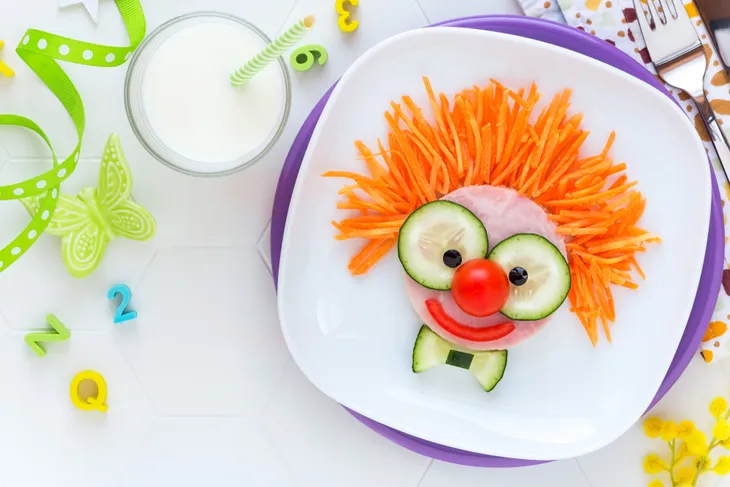The holidays are one time when we might indulge in certain foods we might not otherwise, but it turns out some of them can provide some benefits. We hear constantly that comfort foods like baked macaroni and cheese and fried chicken are bad for us, but remember the old adage—”everything in moderation”.
This time of year especially can be stressful, and you’ve worked hard all year. So why not indulge in a bit of comfort food? You could be doing yourself a favor, not to mention taking some time out to enjoy some delicious food. Here are six reasons you shouldn’t be afraid to take comfort in what you eat now and then…
Improved Mood
Psychology Today points to a study that shows “comfort” foods can actually improve your mood. Not only will you get a rush of positive thoughts and feelings from indulging a bit, comfort foods are actually effective in decreasing feelings of loneliness, according to the source.
“When we eat these comfort foods, we reconnect with meaningful associations to others,” it explains, adding that non-human experiences can also make you feel part of something bigger. If you’re living with depression, keep in mind the chemical composition of what you’re consuming “can affect cognition, influence mood and physical body states,” it adds. Balanced food leads to a balanced brain, explains the source.
Nutritional Benefits
A blog from Mac&Melts (a restaurant in New York) not surprisingly leans towards the positive aspects of comfort food, but it makes some valid points. It explains that comfort foods may be healthier than you think, despite the often-high content of rich, creamy ingredients.
“There are many documented health benefits associated with the amount of dairy found in these items,” explains the source, referring to grilled cheese and mac n’ cheese specifically. You can get “creative” and introduce some veggies into your comfort food recipes and you might not even notice them when you get lost in the flavors and textures of your meal.
Promotes Conversation
The same source explains that comfort foods are a great way to cut through the stress of a big social gathering, particularly with family. This is because comfort foods put smiles on faces and opens the door to positive conversations (and you probably know from experience that not all family interactions are positive during the holidays).
“Although many families may experience dramatic tension as relatives gather for a Thanksgiving or Christmas meal, one thing can be sure—the anxiety will relax as food is brought to the table,” explains the source.
Helps Men Feel ‘Taken Care Of’
A post about comfort food from Cornell University doesn’t have all flattering things to say about rich meals, but it does make an interesting distinction between which comfort foods men and women most often reach for and why.
Women tend to enjoy ice cream, chocolate and cookies, while their male counterparts prefer more hearty choices like pizza/pasta, soup (and ice cream…because, ice cream). “Men prefer the more ‘meal–type’ items because this gives them a feeling of being ‘spoiled’ or ‘taken care of,'” notes the source. For women, these same foods remind them of the work that goes into cooking. This of course is all based on the assumption that the woman in your household is the primary cook.
Used as a Reward, Not a Cure
Cornell University also presented some other interesting findings about comfort food. While we already explained that these types of dishes can boost your mood, not that many people actually use it for that purpose, according to the source. “Contrary to popular belief, we tend to eat comfort foods as a reward, and not when we are depressed,” reads the article.
That means people seek out comfort foods when they’re already happy, as evidenced by 86-percent of people in a survey cited by the university. However, that doesn’t mean people don’t reach for comfort food for (well, comfort) as research subjects who watched a depressing movie ate 38-percent more hot buttery popcorn than subjects that watched a happy movie.
Not What You Eat, But How
Refinery29.com points to yet another study that shows comfort foods don’t actually have any hard psychological effects that say, prescription drugs would (but keep in mind that comfort food is not addictive. Well, maybe chocolate).
The 2014 study involved participants who ate different types of food (comfort and non-comfort) or no food at all after watching an 18-minute film clip “mashup”. After each experiment, the participants completed a survey that suggested the type of food didn’t affect their moods. However, grabbing a chocolate bar when recovering from stress “could give us that slight feeling of control within a world of uncaring chaos,” adds the source.









